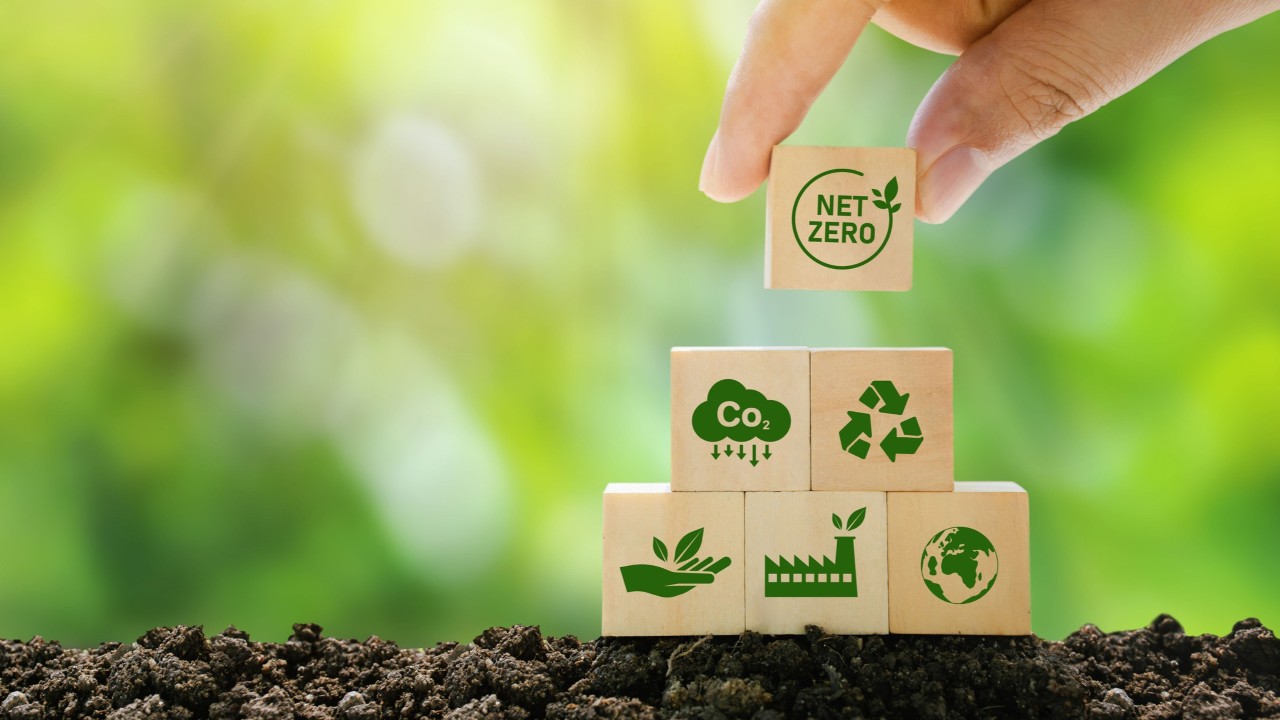COP30 announces ambitious Thematic Days, invites the world to Belém
Daily debates are aligned with the Action Agenda and aim to engage civil society in discussions about real solutions for the climate

The Presidency of COP30 has unveiled the official Thematic Days calendar for the upcoming UN Climate Change Conference, to be held in Belém, Pará, from November 10 to 21, 2025. Designed as a catalyst for implementation and inclusion, the program spans more than 30 interconnected themes and offers a clear entry point for global actors to contribute to real-world climate solutions.
Designed with intention to address the outcomes of the first Global Stocktake, each day invites collaboration across borders and sectors, transforming the COP from a negotiation forum into a global platform for delivery, innovation, and partnership. Programming will take place across both the Blue and Green Zones.
“These Thematic Days represent a bold invitation to the world to come together in Belém and help shape the future. Each day is intended to connect negotiations with real-world impact, offering a platform where implementation, equity, and urgency meet. COP30 is where lived experience must translate into urgent climate action”, said Ambassador André Corrêa do Lago, COP30 President-Designate.
Each Thematic Day has been crafted to align with COP30’s six Action Agenda axes — Energy, Industry & Transport; Forests, Oceans & Biodiversity; Agriculture & Food Systems; Cities, Infrastructure & Water; Human and Social Development; and Cross-cutting issues — and to highlight priority actions and solutions outlined in the COP30 Presidency’s 30 Key Objectives for implementation.
The Thematic Days will unfold as follows:
- November 10-11: will highlight the themes of Adaptation, Cities, Infrastructure, Water, Waste, Local Governments, Bioeconomy, Circular Economy, Science, Technology, and Artificial Intelligence, laying the groundwork for climate readiness and resilience across all systems, sectors, communities, and regions.
November 12–13: Health, Jobs, Education, Culture, Justice and human rights, Information integrity, and Workers. These days also introduce the Global Ethical Stocktake, reinforcing equity and moral responsibility in climate governance.
November 14–15 zoom in on systems transformation across Energy, Industry, Transport, Trade, Finance, Carbon markets, and Non-CO₂ gases, supporting the global push to triple renewable energy, double energy efficiency, and transition away from fossil fuels in a just, orderly, and equitable manner.
November 17–18 elevate both planetary and community stewardship — centering on Forests, Oceans, and Biodiversity, while spotlighting Indigenous peoples, Local and traditional communities, Children and Youth, and Small and medium entrepreneurs, showcasing inclusive, grounded, and nature-aligned solutions.
- November 19-20: will address food, agriculture, and equity at their roots, covering Agriculture, Food Systems and Food Security, Fisheries, and Family Farming. They will also emphasize debates related to Women, Gender, Afro-descendant, and Tourism.
“We want people from every walk of life, scientists and students, ministers and mayors, activists and artists, to see where they belong in this agenda and plan to join us in Belém to take collective action,” said Ana Toni, CEO of COP30. “This calendar brings clarity to participants, and momentum to our movement. Participation is power and everyone is invited to be part of this Global Mutirão.”
Participants from governments, civil society, academia, business, and philanthropy are encouraged to use this agenda to plan their presence in Belém, ensuring active engagement during the most relevant days for their work and constituencies. The thematic days will also assist CEOs, ministers, and other leaders in organizing events and coordinating their stay in Belém.
Daily programming will include high-level dialogues, side events, cultural programming, and implementation showcases, spotlighting diverse climate leadership and tangible progress around the world.
10 - 11/11 | 12 - 13/11 | 14 - 15/11 | 16/11 | 17 - 18/11 | 19 - 20/11 | 21/11 |
Mon | Tue | Wed | Thu | Fri | Sat | Sunday | Mon | Tue | Wed | Thu | Friday |
Adaptation Cities Infrastructure Water Waste Local governments Bioeconomy Circular economy Science and technology Artificial intelligence | Health Jobs Education Culture Justice and Human rights Information integrity Global ethical stocktake Workers | Energy Industry Transport Trade Finance Carbon markets Non-CO2 gases | Forests Ocean Biodiversity Small and medium entrepreneurs Indigenous peoples Local and traditional communities Children and youth | Agriculture Food systems and food security Fisheries Family farming Women and Gender Afrodescendants Tourism | Closing |
